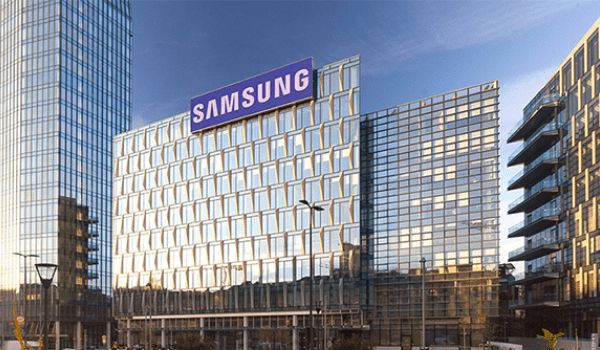In a move to retain young talent by promoting flexible working, Samsung has announced an additional day off for its employees. The South Korean chip-maker announced on Tuesday that its employees will enjoy a more flexible schedule, with the option to have one Friday off a month.
Under the new policy, all Samsung employees will have the opportunity to take a Friday off during the week of their payday, which typically occurs on the 21st of each month. Additionally, this policy will cover employees who work between 160 to 168 hours per month, such as its non-factory and full-time employees.
Besides, the off day will be referred to differently in various departments. The staff at the semiconductor business will call it as their ‘family day’, whereas the staff at the smartphone and home appliance division will celebrate it as ‘development day.’ However, the policy does not apply to production staff who work on rotating shifts.
South Korea is often recognised as one of the countries with a high prevalence of overwork, following in the footsteps of Japan. This issue is particularly prominent in industries such as IT, animation, and gaming. Certain European nations, like Belgium, have already implemented a four-day work week without reducing salaries. Iceland and South Africa have also conducted pilot programs for a shorter work week.
The implementation of the Friday off will help the company in creating a more flexible work environment, allowing employees to better manage their work responsibilities and personal time.
As per many media reports, Samsung’s decision to implement a more flexible workweek follows the example of its local competitor, SK Hynix Inc., which introduced a similar policy last year. Under this policy, employees at SK Hynix Inc. have the opportunity to take a day off on a Friday each month if they exceed 40 working hours per week. Additionally, other technology companies in South Korea such as Kakao Corp., a popular social platform, have also adopted more flexible work arrangements in response to the effects of the pandemic.


